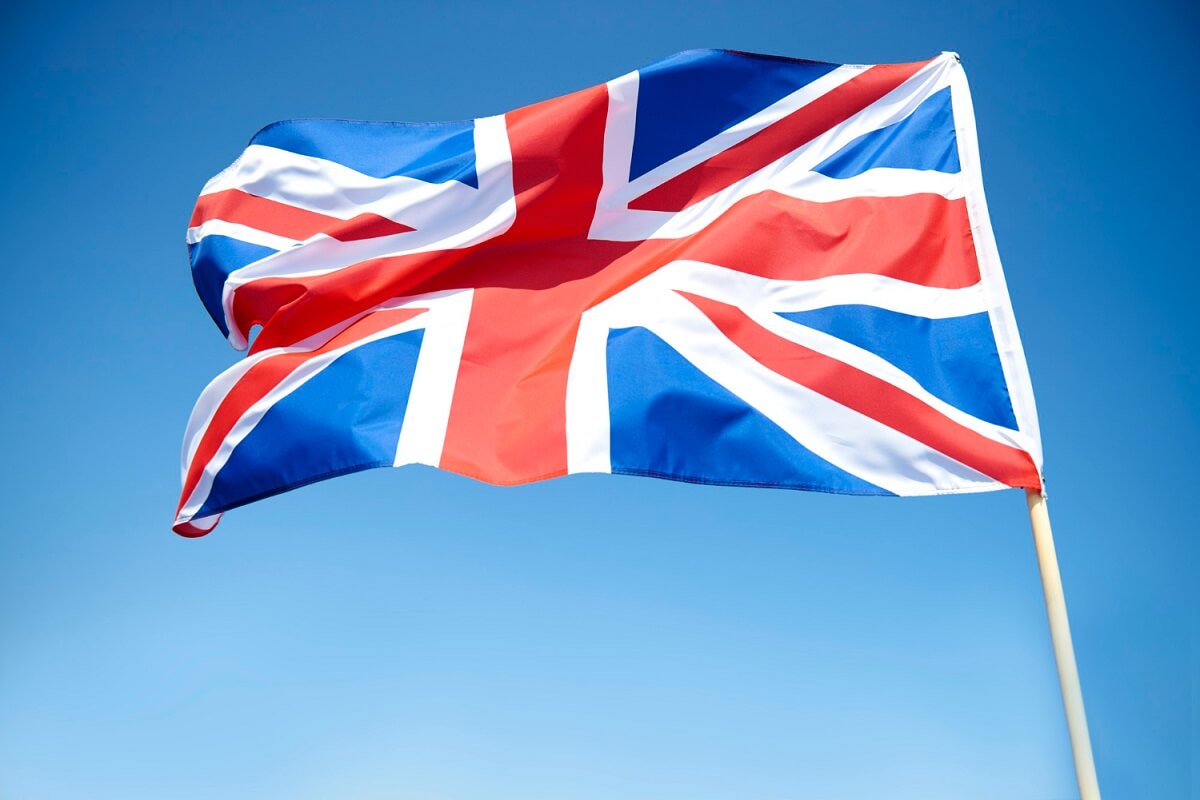The Home Secretary revealed a number of significant measures on Monday, December 4 with the goal of reducing the number of legal migrants to the UK by approximately 300,000. These actions included revising the graduate visa route, changing dependent visas, updating the Shortage Occupation List, and changing the minimum income level for skilled workers.
The UK visa and immigration changes, which will take effect in the spring of 2025, come after recent announcements of increases to the cost of applying for a visa and a rise to the Immigration Health Surcharge, which will take effect the following month. They represent a significant change in the immigration landscape of the UK and have far-reaching effects on workers, businesses, and the families of British or settled individuals. In this piece, we will look at the main UK visa and immigration changes and their possible effects on both individuals and enterprises.
Main UK Visa and Immigration Changes:
#1 – Salary Minimum for Skilled Workers:
The primary change is to the significant rise in the minimum wage requirement for skilled worker visas, which has increased by over 50% to £38,700 annually from £26,200. Health and care workers will not be affected by this increase. Still, businesses—especially those that depend significantly on sponsoring skilled individuals at lower wages—may find it difficult to cope with this change. As the increase is higher than the median pay in the UK, it might make it harder to hire people in industries like hospitality, where 95% of sponsored visa applications for jobs like managers and chefs might not be approved under the new level.
The going rate in these 210 occupation codes is currently less than £38,700 (assuming a 37.5-hour working week), so our analysis shows that 210 out of the 225 occupation codes that are eligible for a Skilled Worker visa (excluding health and education occupation codes) will be affected by the increase in the minimum salary threshold.
Our calculations show that in order to meet the new minimum, the minimum salary for employment that falls under these 210 occupation codes will need to rise by 1% to 47.7%. Workers whose jobs fall under 116 (55%) of the 210 occupation codes that are subject to a raised general pay threshold must get a minimum salary that is at least 47.7% more than what is now provided (again assuming a 37.5-hour working week).
Also Read: UK Standard Visitor Visa Comprehensive Guide for Nigerian Citizens (2025)
#2 – Shortage Occupation List (SOL):
The government plans to create a new Immigration Salary List in place of the current Shortage Occupation List (SOL). Although it is expected that a general salary threshold discount would be preserved, the Immigration Salary List will remove the 20% reduction to the minimum pay for employment related to shortage occupations.
This change, together with a study conducted by the Migration Advisory Committee (MAC), suggests that industries like technology, engineering, and construction may see disruptions. Companies could expect a decrease in the number of positions on the list, which may affect hiring practices in particular sectors.
#3 – Family and Dependant Visas:
Social workers would not be allowed to bring dependents into the UK starting in the spring of 2025. Still, no comment was made on restrictions on dependents for skilled workers or migrants via the Global Business Mobility programme.
However, many British citizens or those who are already settled in the UK and want to sponsor a spouse, partner, or fiancé would face financial difficulties as a result of the increase in the minimum income level for family visas under Appendix FM from £18,600 to £38,700. (UPDATE: The Home Office then decided the minimum income requirement to £29,000 for family, partner, and spouse visas, yet to be introduced).
The Migration Observatory reports that in 2023, slightly less than 70% of British workers in the UK made less than the new salary criterion and that some demographic groups will be disproportionately affected by the higher income barrier. In particular, women make up over 75% of those who earn less than the minimum income threshold, compared to roughly 60% of men. Also, almost all part-time workers make less than the criterion; thus, only full-time workers are able to let their dependents, who are immigrants, live in the UK.
Also Read: Navigating UK Visa Requirements for Brazilian Citizens
#4 – Graduate Immigration Route:
The Graduate Visa, which was implemented in 2021 and enables foreign graduates to remain in the UK for an extra two years following their studies, is currently being examined. The Government announced that it will be posing the following queries to the Migration Advisory Committee regarding the route’s efficacy, possible misuse, and the future employment options accessible to graduates from other countries.
The Government’s determination to ensure that the Graduate visa route serves the best interests of the UK and does not unintentionally contribute to labour market imbalances is reaffirmed by this review. Companies that depend on foreign talent will need to keep a careful eye on these developments and assess how they may affect their future hiring practices.
Conclusion:
With the aim of finding a balance between solving skills shortages and controlling the quantity of immigration, the Home Secretary’s latest announcement represents a major change in the UK visa and immigration policies. For expert advice, consult with My Legal Services, a professional solicitor in London, the UK.






